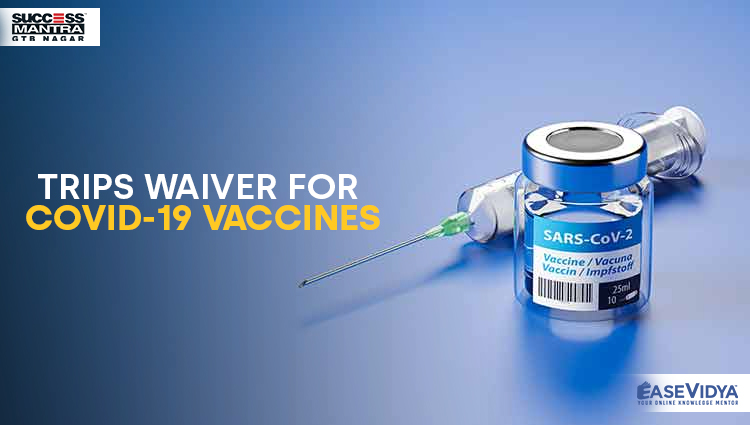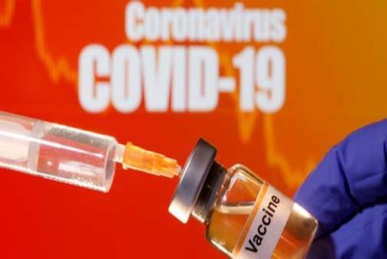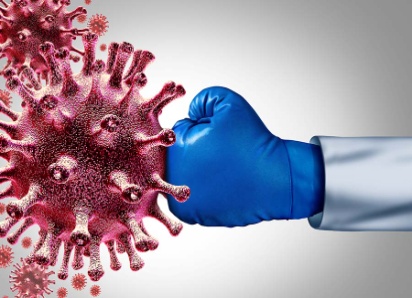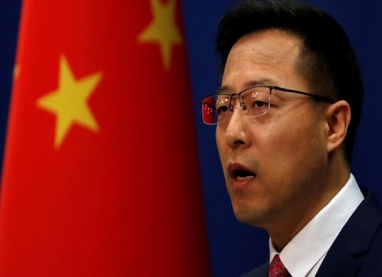
TRIPS WAIVER FOR COVID 19 VACCINES
TRIPS WAIVER FOR COVID-19 VACCINES

Recently, India and South Africa have piloted the proposal to waive key provisions of the TRIPS agreement on Covid-19 vaccines, drugs, therapeutics, and related technologies. This proposal has been now backed by the U.S also. The TRIPS waiver proposal would give immunity to member countries from a legal challenge at the WTO if their domestic Intellectual Property Regulation (IPR) laws suspend or do not enforce IP protection. The core idea behind this TRIPS proposal is that the IPR should not become barriers in scaling up production of medical products essential to combat Covid-19. However, the TRIPS waiver is unlikely to solve India’s Covid-19 vaccine shortage. Instead of trying to obtain an IP waiver, the Indian government must enable vaccine manufacturers to expand production (through compulsory licensing) & reduce inefficiencies in procurement & distribution.
TRIPS AGREEMENT & INDIA LAW
The TRIPS agreement was negotiated in 1995 at the WTO, it requires all its signatory countries to enact domestic law. It guarantees minimum standards of IP protection. Such legal consistency enables innovators to monetise their intellectual property in multiple countries. In 2001, the WTO signed the Doha Declaration, which clarified that in a public health emergency, governments could compel companies to license their patents to manufacturers, even if they did not think thel offered price was acceptable. This provision, commonly referred to as “compulsory licensing”, was already built into the TRIPS Agreement and the Doha declaration only clarified its usage. Under Section 92 of the 1970 Indian Patents Act, the central government has the power to allow compulsory licenses to be issued at any time in case of a national emergency or circumstances of extreme urgency.
Why is the TRIPS waiver unlikely to solve India’s Covid-19 vaccine shortage?
Complex Intellectual Property Mechanism: The process of vaccine development and manufacturing has several steps, and involves a complex intellectual property mechanism. Different types of IP rights apply to different steps and there is no one kind of IP that could unlock the secret to manufacturing a vaccine. The expertise to manufacture it may be protected as a trade secret, and the data from clinical trials to test vaccine safety and efficacy may be protected by copyright.
Complex Manufacturing Mechanism: Manufacturing vaccines will need to design the process for manufacturing the vaccines, source necessary raw materials, build production facilities, and conduct clinical trials to get regulatory approvals. The manufacturing process itself has different steps, some of which may be subcontracted to other parties. Thus, a patent waiver alone does not empower manufacturers to start vaccine production immediately.
NEED FOR INVOKING COMPULSORY LICENSING

Plugging Shortage of Vaccine: The richest countries have cornered about 80 percent of vaccine supplies so far. While India needs to supplement its output to ensure that a population of over 900 million which is above 18 years of age gets about 1.8 billion doses at the earliest. Thus, compulsory licensing can be used to augment the supply of drugs and other therapeutics.
Nudging Voluntary Licensing: An assertive posture on compulsory licences would also have the advantage of forcing several pharmaceutical companies to offer licences voluntarily.
Leading By Example: Licensing Covaxin widely would enable India to live up to its reputation of being the ‘pharmacy of the world’ and also put pressure on developed countries to transfer their vaccine technology to developing countries. Thus, the government should not only transfer Covaxin’s technology to domestic pharmaceutical companies, to boost national supplies, but also offer it to foreign corporations. By unlocking its vaccine technical know-how to the world, India would demonstrate its resolve to walk the talk on the TRIPS waiver.
CHINA TO SUPPORT GLOBAL TRIPS WAIVER

China on May 17, 2021, said that it will support India’s and South Africa’s proposal for a temporary waiver of Trade-Related Aspects of Intellectual Property Rights (TRIPS) for coronavirus vaccines. It further mentioned that Beijing will contribute to all actions of the developing countries to help them in their fight against coronavirus. India and South Africa, in October 2020, had requested the World Health Organization (WHO) for TRIPS waiver of certain IP provisions of COVID-19 vaccines so that that developing countries can amplify vaccine production and provide access to COVID vaccines to the poorest of the poor people. Chinese Foreign Ministry spokesperson Zhao Lijian said in a press briefing that China, as the largest developing country is supportive of the developing world’s demand for an IPR waiver for COVID-19 vaccines. He further said that China will back all actions so that developing countries can acquire vaccines in an equitable way to fight against the coronavirus.
WHAT IS TRIPS AGREEMENT?
TRIPS (Trade-Related Aspects of Intellectual Property Rights) is an international agreement among the member countries of the World Trade Organization (WTO). TRIPS establishes standards and regulations protection of IP (intellectual property) rights like industrial designs, patents, copyright, and protection of confidential information or trade secrets. TRIPS (Trade-Related Aspects of Intellectual Property Rights) came into effect in January 1995. TRIPS enables each WTO member countries to negotiate compulsory licenses for each patent or protection applying to each product. The concern of the developing countries in 2001 over the narrow reading of TRIPS by developed countries led to a round of talks that later became the Doha Declaration, a WTO statement that enlists the scope of TRIPS.
TEST YOURSELF
Q.1 Recently which of the following countries have piloted the proposal to waive key provisions of the TRIPS agreement on Covid-19 vaccines, drugs, therapeutics, and related technologies?
- India & South Africa: ANSWER
- South Africa & Italy
- India & Brazil
- Brazil & United Kingdom
Q.2 Which of the following statements is/are correct in the reference to the India's proposal for the TRIPS waiver related to COVID-19 vaccines?
- TRIPS waiver proposal would give immunity to member countries from a legal challenge at the WTO if their domestic Intellectual Property Regulation (IPR) laws suspend or do not enforce IP protection.
- This proposal has been now backed by the United States & China also.
- Only I follows
- Only II follows
- Both I & II follows: ANSWER
- None of the above
Q.3 Trade Related Aspects of Intellectual Property Right (TRIPS) came into force as part of the agreement that established the _________?
- General Agreement on Tariffs and Trade (GATT)
- World Trade Organization
- United Nations Conference on Trade and Development
- None of the above: ANSWER
Q.4 Consider the following statements & state which of these are correct in the context of the Trade Related Aspects of Intellectual Property Right (TRIPS)?
- TRIPS was negotiated during the Berne Round of the General Agreement on Tariffs and Trade (GATT) in 1986–1994.
- TRIPS is the most comprehensive international agreement on IP and it has a major role in enabling trade in creativity and knowledge, in resolving trade disputes over intellectual property: ANSWER
- The TRIPS Agreement is also described as a “Paris and London-plus” Agreement.
- None of the above
Q.5 India is not a member of which of the following important WIPO-administered International Treaties and Conventions relating to IPRs?
- Paris Convention for the Protection of Industrial Property
- Convention Establishing the World Intellectual Property Organization
- Berne Convention for the Protection of Literary and Artistic Works
- None of the above: ANSWER












0 Comment